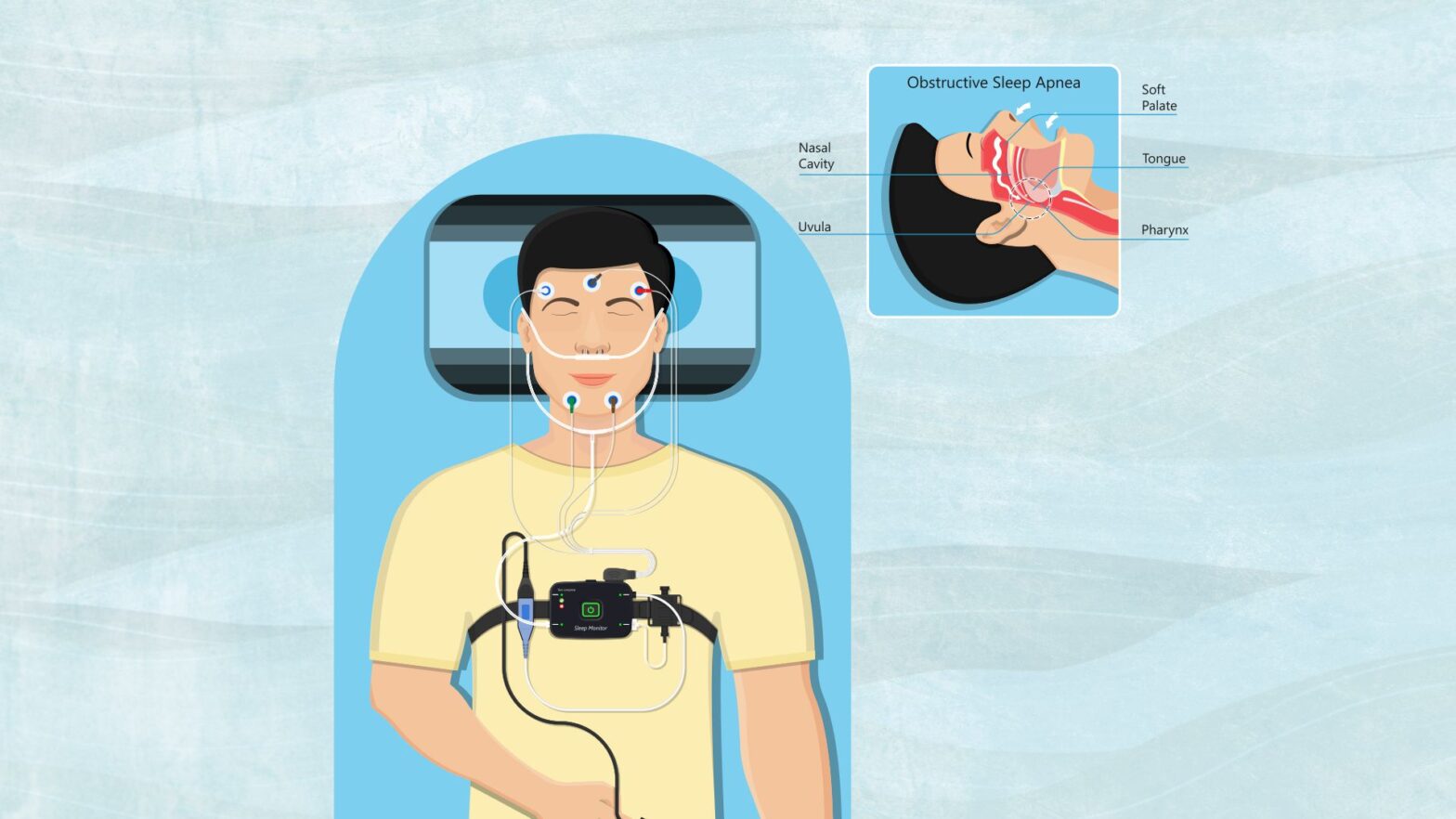
OSA is the abbreviation for Obstructive Sleep Apnea. In simple terms, sleep apnea is a sleeping disorder in which your breathing stops and starts repeatedly. So, it makes you tired in the mornings even after a full night’s sleep.
You can treat low to mild cases with lifestyle changes and simple remedies. But strong OSA cases can impact your health seriously. There are links to serious medical conditions such as brain strokes, heart conditions, etc.
Snoring is one among the important indicators of OSA. But interestingly, every OSA patient doesn’t snore. Hence, every instance of snoring is not an indicator of OSA and vice-versa.
You’ll snore more often if your airway passage becomes narrow during sleep. These factors can cause snoring
There are two types of sleep apnea
Also, apart from these two main types, a third one is known as Treatment-emergent central sleep apnea. This type occurs when you receive treatment for OSA.
Occasional snoring goes away with time or doesn’t have a long-term effect. But this isn’t the case with habitual snoring.
OSA leads to reduction in body oxygen levels during sleep leading to serious health conditions such as high BP, heart issues, stroke or others. Also, sleepiness resulting from OSA leads to issues with memory, concentration, decision making and may even cause accidents.
Also, in children, it can cause learning, developmental and behavioural issues. Severe cases could impair growth and development.
A sleep test at a certified lab helps your doctor diagnose OSA. Following a sleep doctor’s prescription, you will have to stay overnight at a sleep centre where your breathing patterns, heart rhythm, brain activity and other functions will be monitored under the supervision of sleep experts. The data collected will be processed and handed over to your doctor for further evaluation.
The importance of restful sleep can’t be undervalued. Sleep Therapeutics is the first niche sleep center in Telangana and Andhra Pradesh. If you feel that you have symptoms of OSA, please feel free to talk to our expert and ever helpful team.
Also Read: Understanding Sleep Apnea Causes and Risk Factors